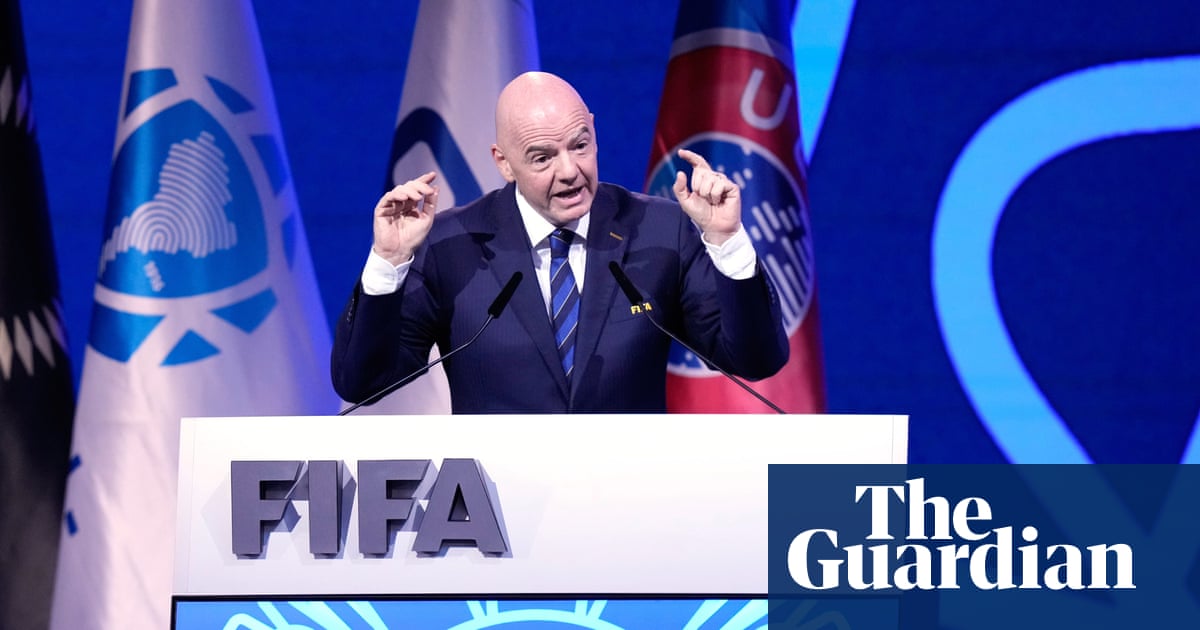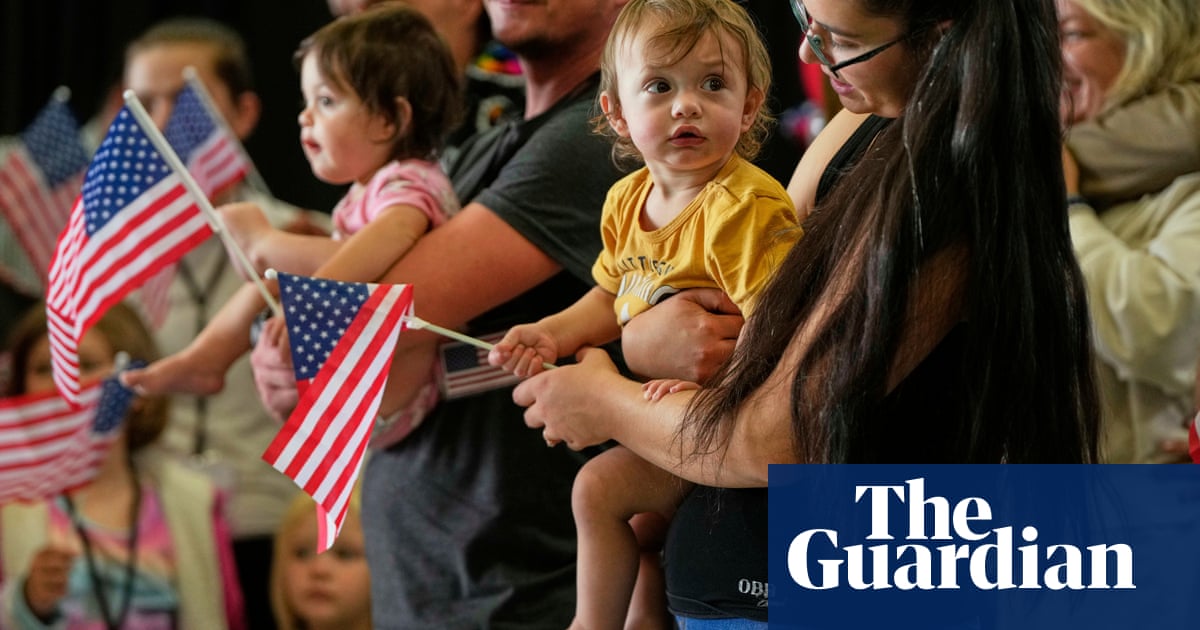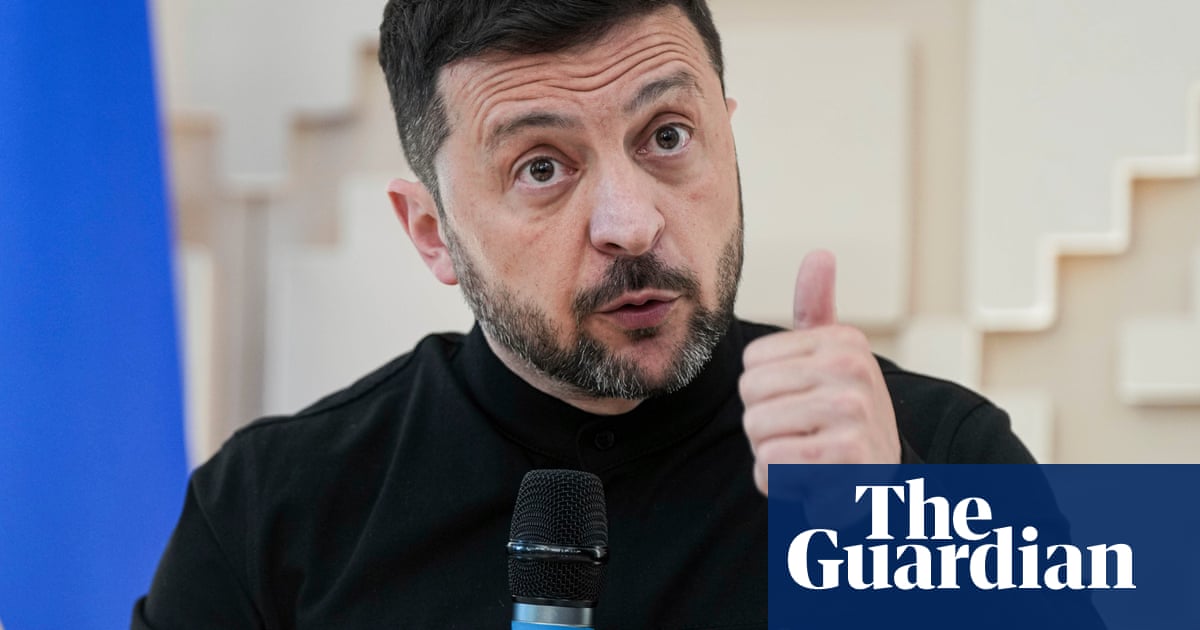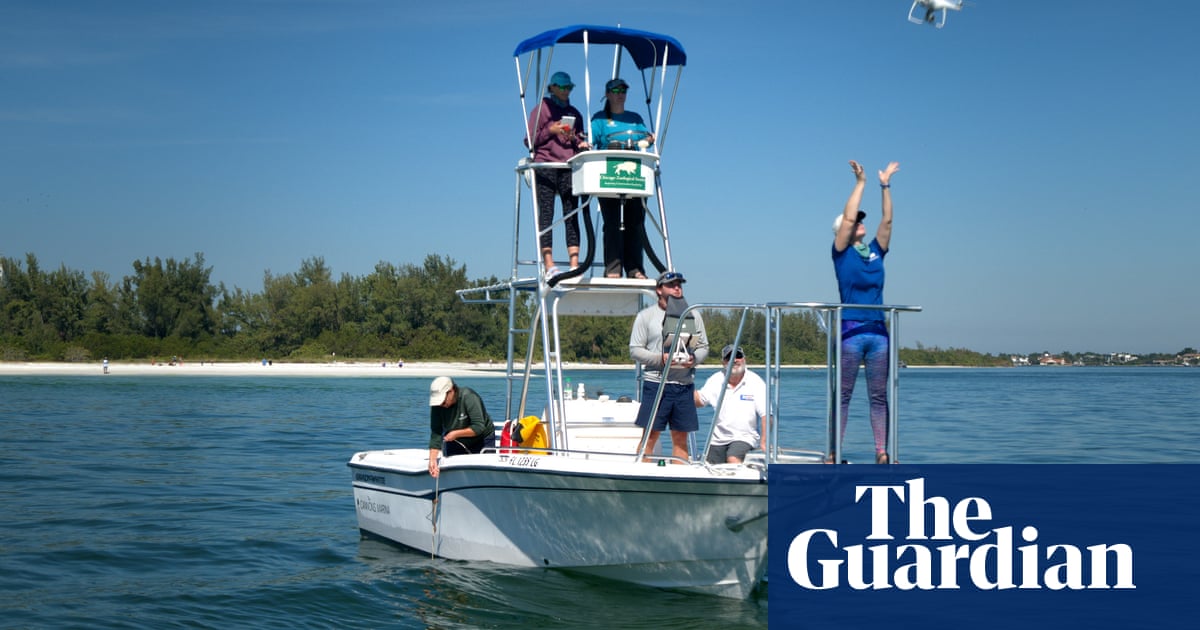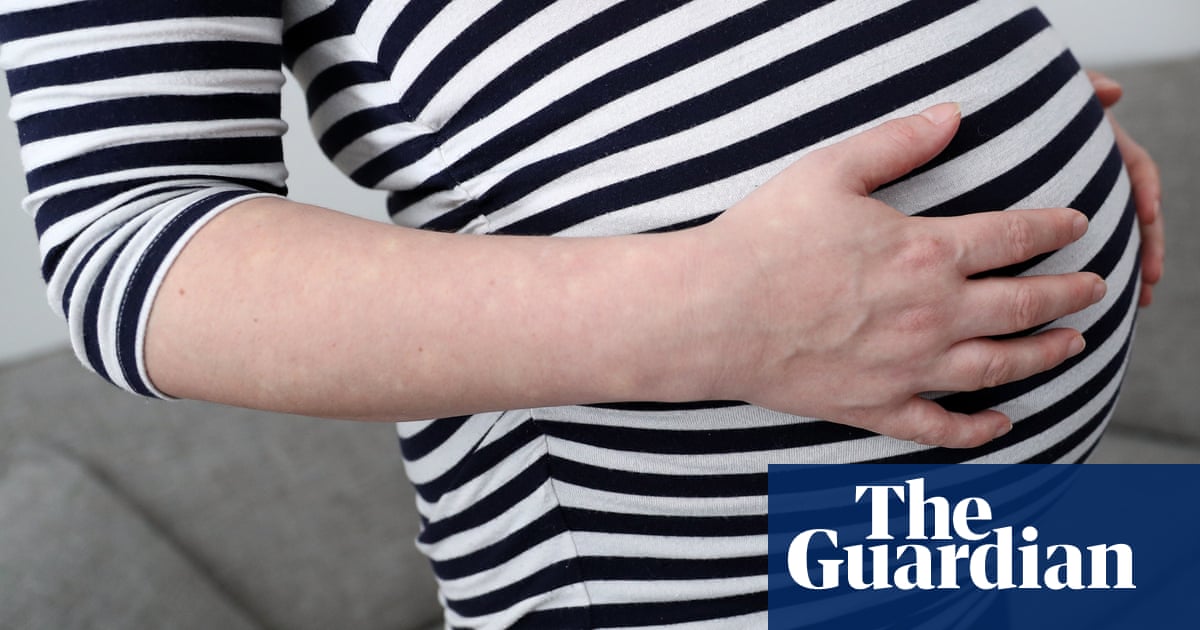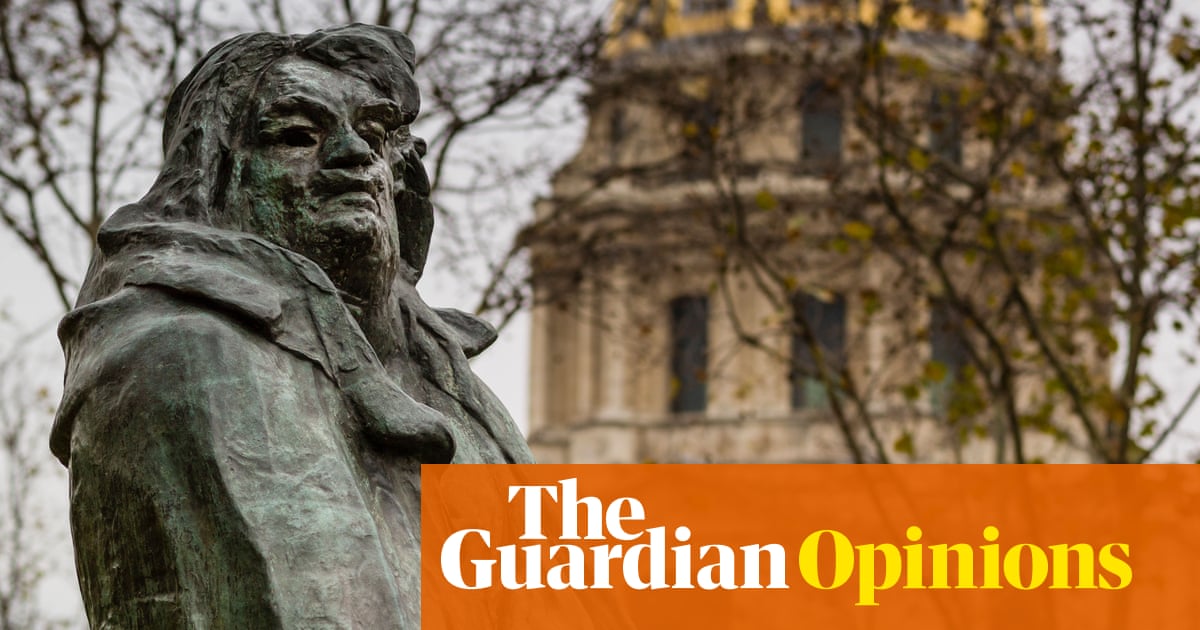Supreme court oral arguments begin
The hearing is now underway, with justices hearing oral arguments about enforcement of the Trump administration’s birthright citizenship executive order.
The main question for the justices is whether lower courts should have the authority to block that order on a nationwide basis.
But while the Trump administration has framed this as an effort to limit the scope of such injunctions, ruling in its favor would allow the government to widely enforce its highly controversial birthright citizenship order which lower judges have ruled “blatantly unconstitutional”.
Key events Show key events only Please turn on JavaScript to use this feature
The Trump administration is not the first to complain about nationwide injunctions, with both Democratic and Republican presidents having seen their policies stymied by them. Per NPR:
But University of Notre Dame law professor Samuel Bray admits there is little wiggle room in terms of a principle that would weed out unjustified nationwide injunctions, and leave in place the ones that are needed to preserve the status quo and prevent the continuation of harm.
Still, he thinks nationwide injunctions, powered by overt judge shopping—in which partisans often bring cases before judges they think will agree with them—do more harm than good. And he contends that because Trump is so “flagrantly wrong” about birthright citizenship, the court could acknowledge that but use Thursday’s case to get rid of nationwide injunctions altogether.
There are three cases, which the court will hear consolidated as one today: Trump v CASA, filed by immigrants’ rights groups and several pregnant women in Maryland; Trump v Washington, filed in Seattle by a group of four states; and Trump v New Jersey, filed in Massachusetts by a group of 18 states, the District of Columbia and San Francisco.
Supreme court to hear historic arguments in birthright citizenship dispute
The supreme court will shortly hear oral arguments in the long-simmering issue of Trump’s plan to end birthright citizenship through a radical interpretation of the US constitution’s 14th amendment – a once-fringe issue that is now taking centre stage in the nation’s highest court.
The arguments, however, will relate primarily to a different issue entirely – a legal question on the power of judges to rein in the power of the executive branch by blocking presidential policies across the country. The outcome will have profound implications for the Trump administration’s use of executive power to advance its agenda, extending well beyond immigration policy.
The supreme court – which has a 6-3 conservative majority, including three Trump appointees – is focusing only on the question of whether lower-court judges have the authority to block nationwide the Trump administration’s policies, as has happened in three cases relating to birthright citizenship. On this, it is possible the president could secure a huge victory affecting many of the lawsuits against his administration, even if the court ultimately strikes down his underlying birthright citizenship executive order.
Arguments were due to start at 10am ET. You can listen along here.
What have the supreme court justices previously said about universal injuctions?
We’ll of course get a clearer sense of what the supreme court is likely to do once oral arguments get under way later, but several of the justices have in the past questioned the appropriateness of the power of individual judges to issue nationwide injunctions.
A caveat is that this doesn’t necessarily suggest that all justices who have voiced concerns are aligned with conservative calls to end universal injunctions, as some concerns are more constitutional while others are more pragmatic, but they are worth noting.
One case in which the court majority avoided the issue was the challenge to the Trump’s first-term travel ban targeting mostly majority Muslim countries. The supreme court ultimately upheld the policy, but in a concurrence, Justice Clarence Thomas, a conservative, warned that court might need to end the practice of nationwide injunctions more generally.
In a concurring opinion, he called universal injunctions “legally and historically dubious”. Moreover, he added, they are “beginning to take a toll on the federal court system – preventing legal questions from percolating through the federal courts, encouraging forum shopping, and making every case a national emergency for the courts and for the executive branch”.
Justice Neil Gorsuch, another conservative, echoed the sentiment in another case, writing that the “routine issuance of universal injunctions is patently unworkable”. Joined by Thomas and another conservative justice, Samuel Alito, Gorsuch wrote an opinion concurring in the court’s order allowing Idaho to generally enforce its ban on gender-affirming care for minors. He called the justices’ decision to put the lower court’s order on hold “to the extent it applies to nonparties, which is to say it provides ‘universal’ relief” – “a welcome development”.
Per the Scotus blog: “In March of this year, Alito also weighed in, in a dissent from the court’s denial of the Trump administration’s request to lift an order by a federal judge requiring the state department and USAID to pay nearly $2bn in foreign-aid reimbursements for work that had already been done. He observed – in an opinion joined by Thomas, Gorsuch and conservative Justice Brett Kavanaugh – that the government ‘has a strong argument that the district court’s order violates the principle that a federal court may not issue an equitable remedy that is “more burdensome than necessary to” redress the plaintiff’s injuries’. But in this case, Alito wrote, the district judge’s order ‘functions as a “universal injunction defying these foundational” limits on equitable jurisdiction’.
“And in a statement regarding the court’s rejection of Florida’s request to be allowed to enforce a state law that makes it a misdemeanor to allow children at drag performances, Kavanaugh (joined by conservative Justice Amy Coney Barrett) suggested that the power of district courts to enter a universal injunction ‘is an important question that could warrant our review in the future’.”
But there isn’t a simple liberal-conservative divide on this issue. Speaking at a university event in 2022, Justice Elena Kagan, a liberal, addressed how nationwide injunctions – when coupled with forum shopping – were hamstringing administrations of both parties, asserting: “It just can’t be right that one district judge can stop a nationwide policy in its tracks and leave it stopped for the years that it takes to go through the normal process.”
And even on the court’s left wing, Justice Ketanji Brown Jackson acknowledged in a 2024 opinion that universal injunctions raised “contested and difficult” questions, but stressed the answer was not “straightforward” and that the court should take its time in resolving it.
Here’s Trump’s full post:
Big case today in the United States Supreme Court. Birthright Citizenship was not meant for people taking vacations to become permanent Citizens of the United States of America, and bringing their families with them, all the time laughing at the ‘SUCKERS’ that we are! The United States of America is the only Country in the World that does this, for what reason, nobody knows – But the drug cartels love it! We are, for the sake of being politically correct, a STUPID Country but, in actuality, this is the exact opposite of being politically correct, and it is yet another point that leads to the dysfunction of America. Birthright Citizenship is about the babies of slaves. As conclusive proof, the Civil War ended in 1865, the Bill went to Congress less than a year later, in 1866, and was passed shortly after that. It had nothing to do with Illegal Immigration for people wanting to SCAM our Country, from all parts of the World, which they have done for many years. It had to do with Civil War results, and the babies of slaves who our politicians felt, correctly, needed protection. Please explain this to the Supreme Court of the United States. Again, remember, the Civil War ended in 1865, and the Bill goes to Congress in 1866 – We didn’t have people pouring into our Country from all over South America, and the rest of the World. It wasn’t even a subject. What we had were the BABIES OF SLAVES. Thank you for your attention to this matter. Good luck with this very important case. GOD BLESS THE U.S.A.!
'We are a stupid country': Trump weighs in ahead of supreme court arguments on birthright citizenship
Despite being half a world away with a packed schedule, Donald Trump found the time to weigh in on the upcoming supreme court arguments, posting on his Truth Social platform that “Birthright Citizenship was not meant for people taking vacations to become permanent Citizens of the United States of America, and bringing their families with them, all the time laughing at the ‘SUCKERS’ that we are!”
He said the current policy makes the US “a stupid country”, adding: “The drug cartels love it!”
He went on to outline the argument his administration has been making since he signed his executive order trying to end birthright citizenship – that the 14th amendment was meant to grant citizenship to the children of enslaved people. “It had nothing to do with Illegal Immigration,” he wrote.
Donald Trump arrives in UAE on final leg of Middle East tour
Here are some pictures from when Donald Trump arrived in the United Arab Emirates a short while ago, where he was greeted by the UAE president, Sheikh Mohammed bin Zayed Al Nahyan, at the Abu Dhabi airport. It’s day three of Trump’s Middle East trip aimed at drumming up investment in the US and securing lucrative economic deals with the oil-rich Gulf nations.



Trump says 'nothing will happen' on Ukraine until he and Putin get together
Donald Trump said there won’t be movement on Ukraine peace talks until he and Russian president Vladimir Putin get together.
“Nothing’s going to happen until Putin and I get together,” Trump told reporters aboard Air Force One just before landing in Dubai on the third stop of his Middle East trip.
Russia’s failure to send a top-level delegation to the scheduled Ukraine talks in Turkey on Thursday has plunged prospects for the talks and reduced optimism that any deal could be reached quickly.
Dharna Noor
As the US prepares for what could be another record-breaking hot summer, Donald Trump and his pick to lead the nation’s workplace safety agency are expected to derail the creation of the nation’s first-ever federal labor protections from extreme heat.
Trump in February nominated David Keeling to lead the Occupational Safety and Health Administration (Osha). Keeling formerly served as an executive at the United Parcel Service (UPS) and Amazon – both of which have faced citations from Osha for worker injuries and deaths amid heat exposure. The companies deny the deaths were heat-related.
Under Keeling, Osha is expected to thwart heat protections. After years of pressure from organized labor, the agency in 2021 began working to create a federal heat standard, and last year rolled out a draft rule aimed at requiring access to water, shade, breaks and training which the Biden administration estimated would protect 36 million workers.
What if the supreme court sides with Trump?
Alexandra Villarreal
Depending on what the majority opinion eventually says, the supreme court could be flirting with disaster for families across the nation.
If, for example, the justices limit the current injunctions against Trump’s executive order to only apply to people and entities involved in the lawsuits challenging the policy, that could create significant logistical issues.
Babies born to immigrants at the same hospital may have different citizenship statuses, depending on whether their parents had the ability to engage an attorney and participate in litigation. Or a newborn in New Jersey could derive birthright citizenship, while one in Mississippi didn’t.
And the ensuing turmoil could render birth certificates essentially useless for proving US citizenship, even for children born to Americans.
Why is the supreme court involved now?
Alexandra Villarreal
The justices are hearing arguments after three lower courts issued nationwide injunctions, pausing enforcement of Trump’s executive order.
So far, no newborns have had their right to US citizenship revoked by the policy change, thanks to these nationwide injunctions – which are viewed as controversial by some of the justices, from the conservative and liberal ends of the bench – that have been upheld on appeal. But Trump hopes to change that.
Could Trump actually end birthright citizenship?
Alexandra Villarreal
Maybe – although probably not, and almost definitely not through executive order.
The Citizenship Clause is part of the US constitution, the nation’s founding document. Generally, legal scholars strongly suggest that neither executive action nor legislation should be able to supersede the constitution’s guarantee of birthright citizenship for those born on US soil.
According to the Harvard Law professor Gerald Neuman:
The president has no authority to change the citizenship rule at all. Congress can change the rule, but only to the extent of making it broader. Neither Congress nor the president can reduce it below the constitutional minimum.
However, because the legal precedent set by Wong Kim Ark well over a century ago is so fundamental to how birthright citizenship relates to the children of immigrants, the current court battles erupting from Trump’s executive order could – in the most extreme scenario – jeopardize the US’s understanding of birthright citizenship as we know it.
In fact, forcing the supreme court to reinterpret the 14th amendment is probably part of the long game that the Trump administration is playing with its executive order, although we are not there yet. And even with the White House raring for a fight, a complete overhaul of case law around birthright citizenship remains improbable.
The other way to override an existing part of the constitution would be to ratify another amendment, which would require a level of political support that is unlikely for such a fringe, rightwing issue.
Who is not a US citizen, even if they are born in the US?
Alexandra Villarreal
There are exceedingly rare exceptions to the principle of jus soli, where people born in the US are not automatically granted US citizenship.
Until the enactment of a law in 1924, Indigenous peoples born in the US were excluded. In 2021, the supreme court decided that people born in American Samoa’s unincorporated territories are not automatically guaranteed birthright citizenship, unless Congress enacts legislation. And the children of foreign diplomats – or, in a more violent scenario, the children of enemy occupiers – also lack a right to US citizenship by birth.
What is the legal basis for birthright citizenship in the US?
Alexandra Villarreal
As a concept, jus soli comes from English common law, which held centuries ago that people born in England were natural subjects.
But unrestricted birthright citizenship in the US that includes people of color – not just white Americans – derives from the US constitution. In 1857, the supreme court ruled that Black descendants of enslaved people could not be US citizens. To right this injustice, just over a decade later, the US ratified the 14th amendment.
The first line of the 14th amendment reads:
All persons born or naturalized in the United States, and subject to the jurisdiction thereof, are citizens of the United States and of the State wherein they reside.
Known as the Citizenship Clause, this phrase – alongside a number of related statutes and regulations – establishes the modern basis for birthright citizenship.
Joseph Gedeon
The US supreme court will hear arguments on Thursday in a dispute that could significantly expand presidential power despite ostensibly focusing on Donald Trump’s contentious executive order ending birthright citizenship.
The trio of cases before the court stem from the president’s January executive order that would deny US citizenship to babies born on American soil if their parents aren’t citizens or permanent residents. The plan is likely to be ultimately struck down, as it directly contradicts the 14th amendment, which grants citizenship to “all persons born or naturalized in the United States”.
But Trump’s legal team isn’t asking the supreme court to rule on whether his policy is constitutional. Instead, they are challenging whether lower court judges should be able to block presidential orders nationwide – a move that could overall weaken judicial checks on executive power.
Three federal judges have blocked the policy nationwide, including US district judge Deborah Boardman, who ruled that “no court in the country has ever endorsed the president’s interpretation.”
But the justice department argues these “nationwide injunctions” unfairly tie the president’s hands. “These injunctions have reached epidemic proportions since the start of the Trump Administration,” the department wrote in a March filing. The administration is asking for the scope of the injunctions to be narrowed, so they only apply to the people, organizations or states that sued.
If Trump prevails, his administration could potentially enforce his desired citizenship policy in parts of the country where specific courts haven’t blocked it – creating different citizenship rules in different states while legal challenges continue.
Supreme court to hear birthright citizenship dispute
Good morning and welcome to our blog covering US politics as the supreme court prepares to hear arguments over birthright citizenship in a case that could significantly expand Donald Trump’s power.
As part of a sweeping crackdown on both undocumented and legal immigrants, Trump signed an executive order on inauguration day that tried to end, for some, the right to US citizenship for children born in the United States.
The order was blocked as “blatantly unconstitutional”, in one judge’s opinion, after immediate legal challenges. Appeals failed and four months later the issue has made its way to the increasingly divided US supreme court as an emergency case.
But Trump’s legal team isn’t asking the supreme court to rule on whether his policy is constitutional. Instead, they are challenging whether lower court judges should be able to block presidential orders nationwide – a move that could overall weaken judicial checks on executive power.
If Trump prevails, his administration could enforce his desired citizenship policy in parts of the country where specific courts haven’t blocked it – creating different citizenship rules in different states while legal challenges continue.
You can read this useful backgrounder here:
We’ll be following all the developments here. And in other news:
-
Donald Trump and Vladimir Putin will not attend what may be the first direct peace talks between Moscow and Kyiv in three years, scheduled for Thursday, Reuters reports. Instead, the Kremlin will send a team of technocrats. A US official said the US president would not attend, despite earlier comments suggesting he was considering the trip.
-
Health secretary Robert F Kennedy Jr described the downsizing of his department as necessary cost-cutting measures as he defended his spending plans under Donald Trump’s budget proposal. The plans include an $18bn cut to National Institutes of Health funding and $3.6bn from the Centers for Disease Control and Prevention. Kennedy’s back-to-back testimonies before House and Senate committees were his first appearances before lawmakers since his confirmation in February.
-
Protesters interrupted Robert F Kennedy Jr’s opening remarks before the Senate health committee this afternoon, shouting: “RFK kills people with Aids!” The health secretary was visibly startled and jumped from his chair when protesters began shouting, before being removed by Capitol police.
-
Tulsi Gabbard, the US director of national intelligence, has fired the two highest-ranking officials at the National Intelligence Council just weeks after the council released an assessment that contradicted Donald Trump’s justification for using the Alien Enemies Act to deport alleged Venezuelan gang members without due process. Mike Collins was serving as acting chair of the National Intelligence Council before he was dismissed alongside his deputy, Maria Langan-Riekhof. They each had more than 25 years of intelligence experience.
-
A Russian-born researcher at Harvard University who has been held for weeks in an immigration detention center in Louisiana has been criminally charged with attempting to smuggle frog embryo samples into the US. Federal prosecutors in Boston announced the smuggling charge against Kseniia Petrova, 31, hours after a federal judge in Vermont heard arguments in a lawsuit she filed that argues the Trump administration has been unlawfully detaining her.
-
The Trump administration’s commerce secretary, Howard Lutnick, and his family have had extensive business interests linked to El Salvador, whose authoritarian leader Nayib Bukele has grown close to the White House and who has courted controversy by imprisoning people deported from the US in an aggressive immigration crackdown. El Salvador also plays host to a booming cryptocurrency and new media industry, which has numerous ties to Donald Trump allies who are seeking to make money from various ventures which have sometimes drawn the attention of authorities or ethics watchdogs.
-
Donald Trump has doubled down on why he wants to accept a luxury Boeing 747 from Qatar, a country where he traveled to today to negotiate business deals, with the US president portraying the $400m aircraft as an opportunity too valuable to refuse. “The plane that you’re on is almost 40 years old,” Trump told Fox News host Sean Hannity during an Air Force One interview on the Middle East trip, where he is also visiting Saudi Arabia and the UAE.

 6 hours ago
7
6 hours ago
7
